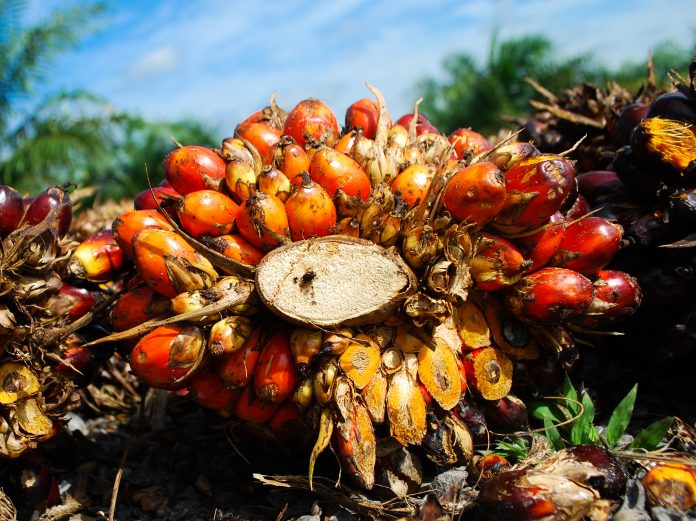The European Union’s directive on renewable energy is being challenged by Indonesia, the world’s top producer of palm oil. The Southeast Asian country is planning to take its case to the World Trade Organization.
The EU’s plan to curb the use of crops that cause deforestation will unfairly target palm oil, a senior Indonesian official told Reuters.
Indonesia is also reviewing its relations with the EU over the issue and urging other Southeast Asian nations to defer plans to upgrade EU ties, said Mahendra Siregar, special staff at the foreign ministry.
Known as RED II, the EU directive aims to stop the use of crops that cause deforestation in transportation fuel by 2030.
As reported by Reuters, a challenge from Indonesia on the policy would escalate its efforts to safeguard sales to its second-biggest palm oil market. The EU accounted for around 15% of Indonesia’s total palm exports of more than $15bn last year.
A government document outlining Indonesia’s stance on the EU policy and reviewed by Reuters said the method used to assess “Indirect Land Use Change” (ILUC), which aims to measure the risk of unintended carbon emissions, was not internationally recognized and not applicable in a tropical region.
“The criteria listed in ILUC gives advantages to local European Union commodities such as rapeseed oil,” it said.
On January 14, Indonesia’s Foreign Minister Retno Marsudi said in a letter to the Association of Southeast Asian Nations (ASEAN). In it, he noted that developments in the EU are hurting the interests of ASEAN palm oil-producing states and have caused it to defer “elevation of ASEAN-EU dialogue relations to a strategic level.”
The letter, also reviewed by Reuters, urged other members of ASEAN to follow suit. “All Indonesia-EU relationships will be overviewed related to that discriminative policy by the EU,” Siregar said.

